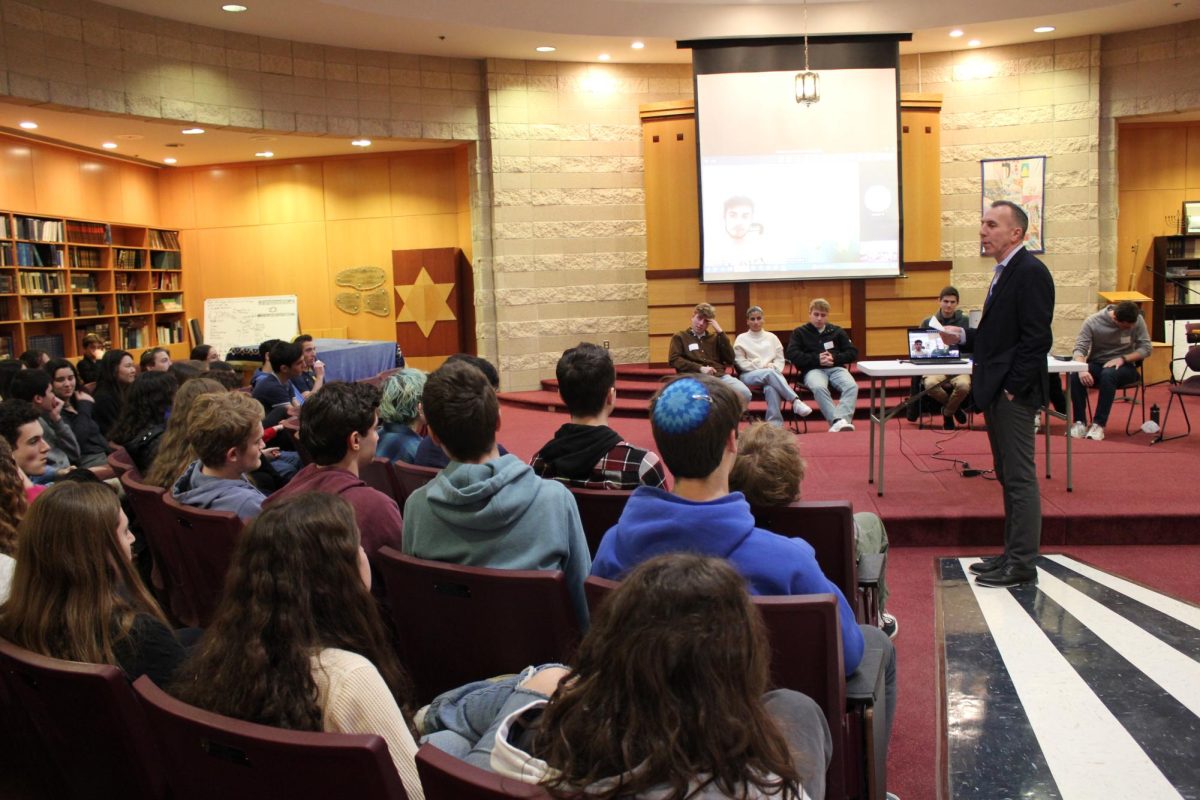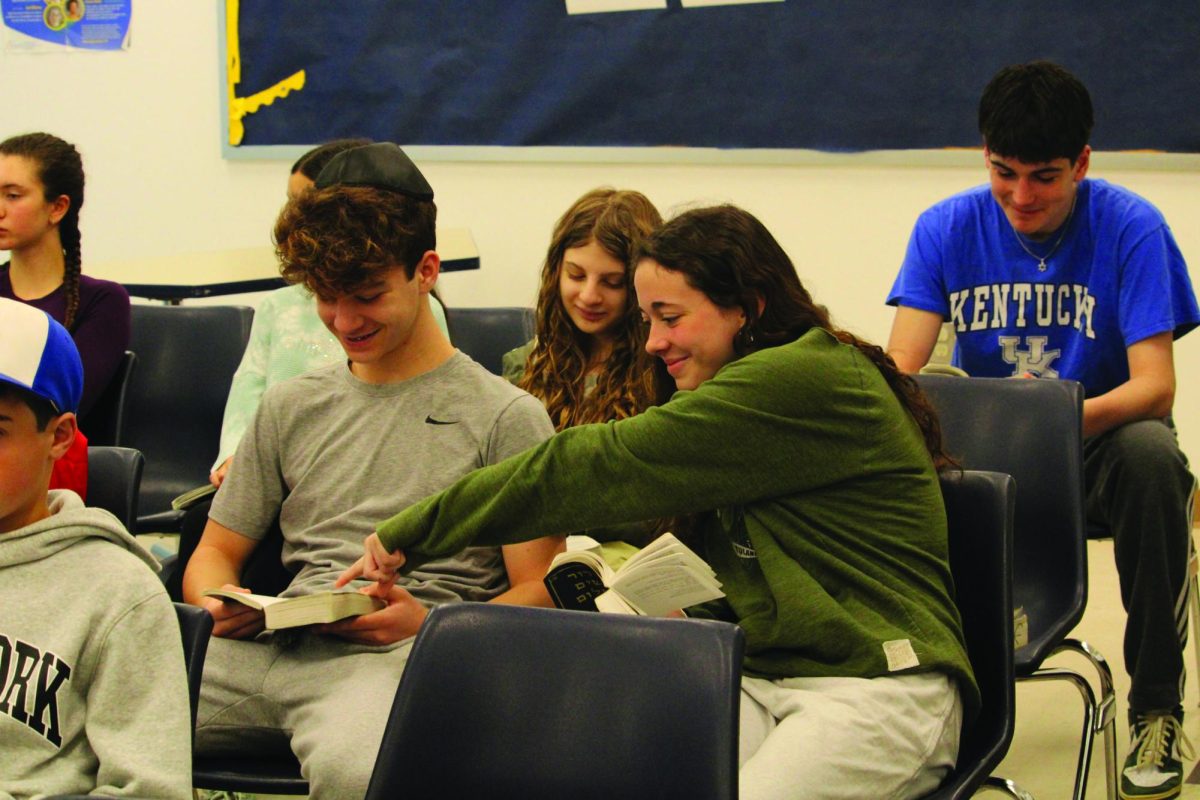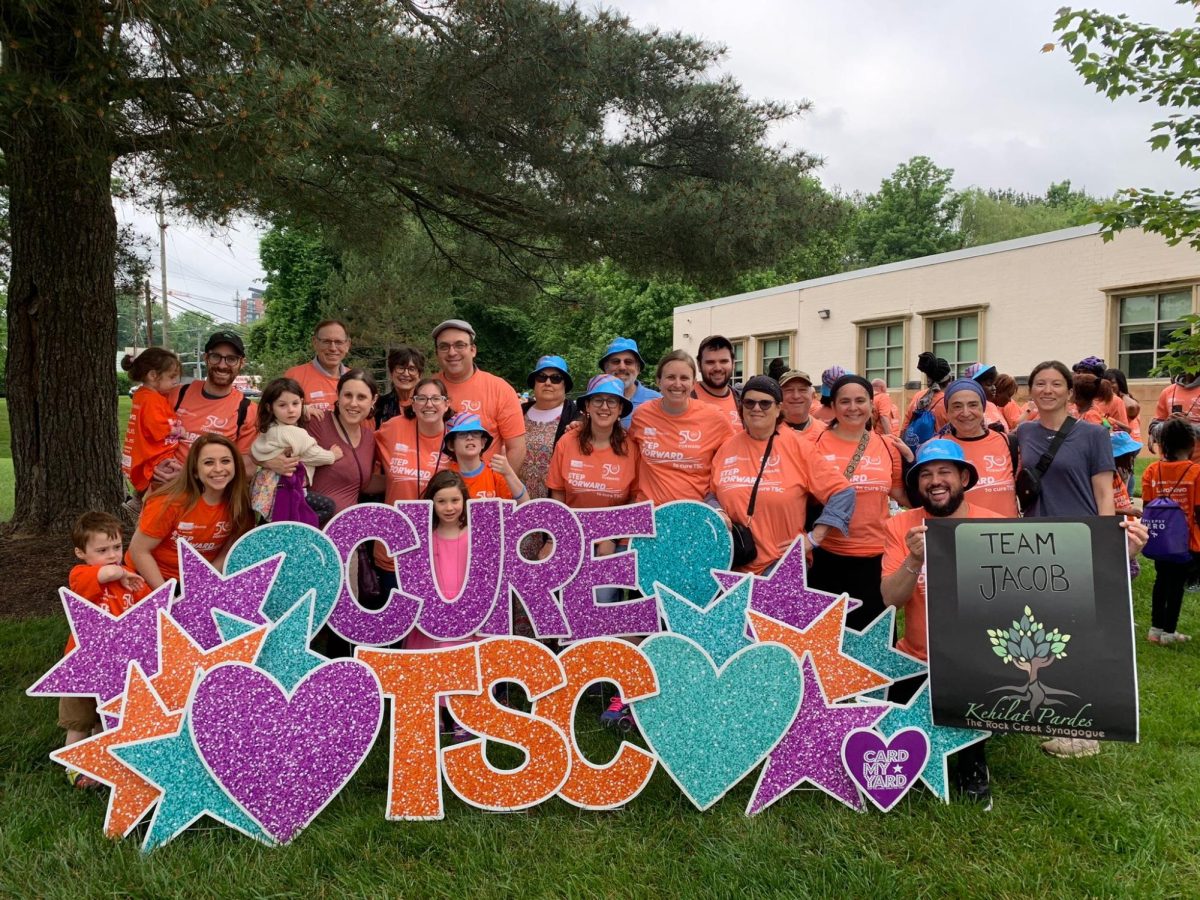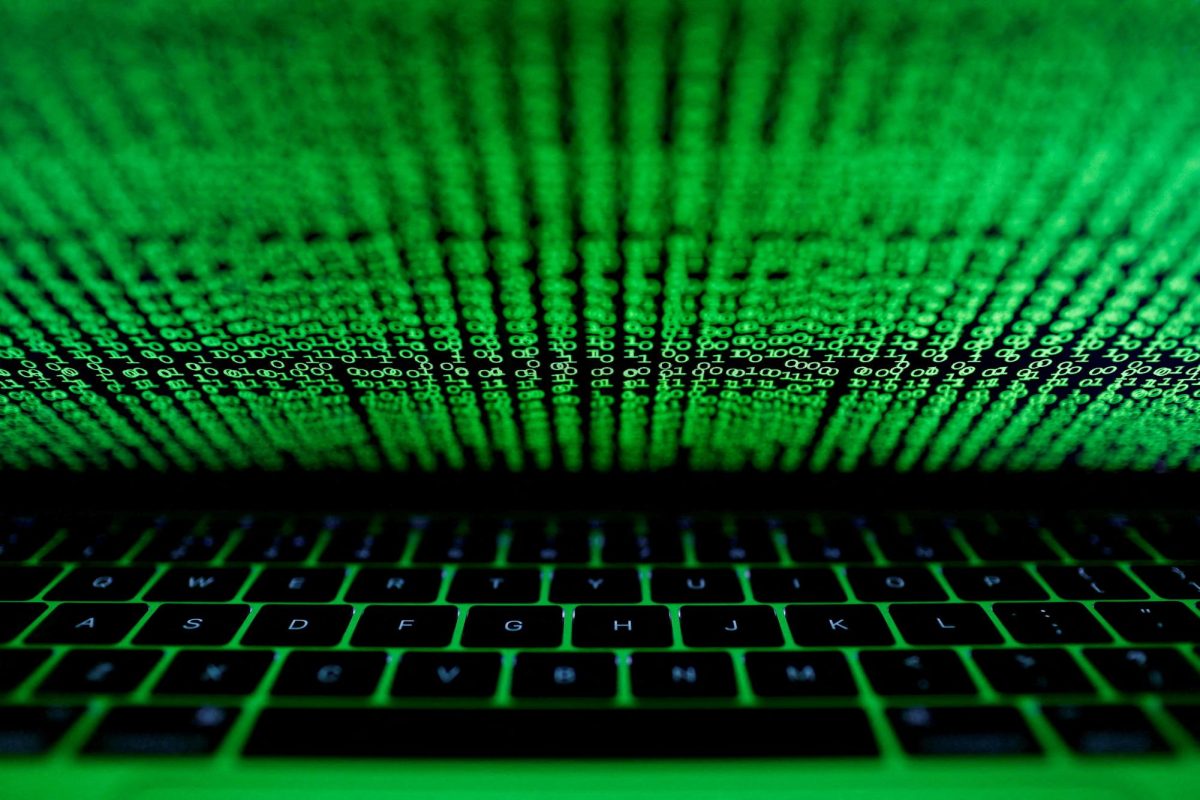One would think that a Head of School’s job would primarily involve overseeing curriculum changes, balancing the budget, and maintaining high-quality faculty. Rabbi Mitchel Malkus has not only overseen those areas but also helped the school navigate multiple crises, including the logistical nightmare that the COVID-19 pandemic brought upon the school, and is now helping the community navigate emotions surrounding the Israel-Hamas war and the death of alumnus Omer Balva z”l.
Malkus was observing Shmini Atzeret on Oct. 7 when he heard that there was an attack on Israel by Hamas. Because of this, he was not able to communicate with the school due to the holiday, which made it hard for him to immediately comfort those in the community. Once he sent out the original emails addressing the war, many adjustments were made to school programming the following Monday.
“In Zman Kodesh and at the Lower School in T’filah and Morning Announcements, we introduced new Tefilot into the prayers right away,” Malkus said. “We had gatherings and assemblies. We had time for students to talk about Oct. 7 and the aftermath and war. We did some faculty meetings as well. And there was a lot of communication from the school to our community just about what are we doing and how are we handling everything in school, and, very quickly, [Israel] moved into a war.”
As soon as the shock of the immediate attack died down, Malkus needed to deal with the aftermath and the consequences on the community. On Oct. 20, Balva was killed in combat and Malkus was in charge of honoring Balva in the community. This was done through a memorial service that filled the Upper School Theater, with an additional 1,000 live-stream views. Malkus was also in contact with Balva’s family and friends, in addition to taking part in many media interviews about how JDS was handling Balva’s death.
While the war affected the JDS community, many families in Israel inquired about sending their children temporarily to JDS. The school received 70 inquiries and enrolled 45 pre-K through 12th-grade students. Twenty-one students are still attending the school, and a projected 14 students will attend JDS during the spring semester. As a result of the increase in Israeli students, there is a higher security presence in the school, with many more initiatives requiring funding.
“We launched an emergency fundraising campaign,” Malkus said. “We have a goal of a million dollars and we’ve raised close to $512,000 for that so far. And so we spent a lot of time doing that and that will go to pay for enhanced security measures and for the additional staff and expenses that we incurred from having the Israeli students here temporarily and then for the ones who will be here for the rest of the school year.”
In addition to economic and technical considerations, Malkus also works to address the emotional vulnerability that many students and faculty are feeling, especially given the community’s ties to Israel.
“The hardest thing for me is what it always is, which is making sure that everyone in our school and the community feels safe and secure and feels the care that the school has,” Malkus said. “That’s a challenge in a community that’s very diverse and has a lot of connection to Israel and very different kinds of connections to Israel.”
With the slew of communication that Malkus conducts daily, he keeps himself grounded by empathizing with different parts of the community and leads with the school’s core values in mind. As the Head of School, he understands that the school is not a political entity, but rather an educational institution, and therefore the community needs to know that supporting students and educating them properly is the highest priority.
On a personal level, Malkus connects with his family regularly, especially with his sons, both recent JDS alumni now attending universities. Eitan Malkus (‘23) finds that talking regularly with his dad helps support Rabbi Malkus with his excess work, as Eitan wants to alleviate Rabbi Malkus’s stresses from afar.
“Since I’m not there, I think the only thing that I can do is have a call [with my dad] because me going to college is hard in itself,” Eitan said. “But just with everything that happened, it’s even harder. So I think it’s helpful that we talk a lot and text because everyone needs a lot of support in this time. He’s going through a lot because of his job too on top of all [of it]. Everyone’s dealing with what’s happening so it’s an added stressor. I think it’s helpful that we’re able to talk about it.”
Malkus keeps himself grounded by maintaining daily routines such as checking in on his sons’ well-being at their respective universities and observing Shabbat, which offers a way to disconnect from the horrors in Israel, even if just temporarily.
“I encourage our leadership team and principals to spend time sharing how they are feeling,” Malkus said. “I find that Israel has become the topic of so much of our conversation in and out of school right now. So, it can be all-encompassing. And so I really do encourage people to try to continue doing the things that they like to do that are not connected [to Israel] and I would encourage students to do this as well.”













